Médecins du Monde's 2023 Annual report
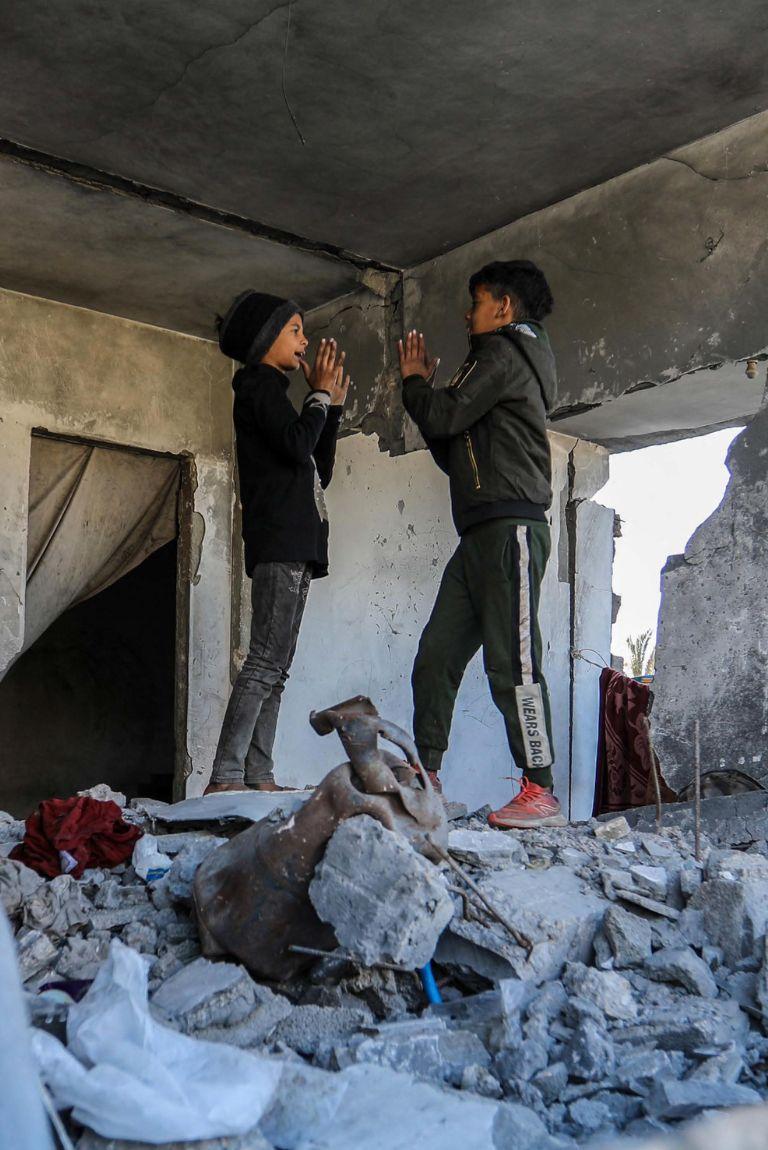
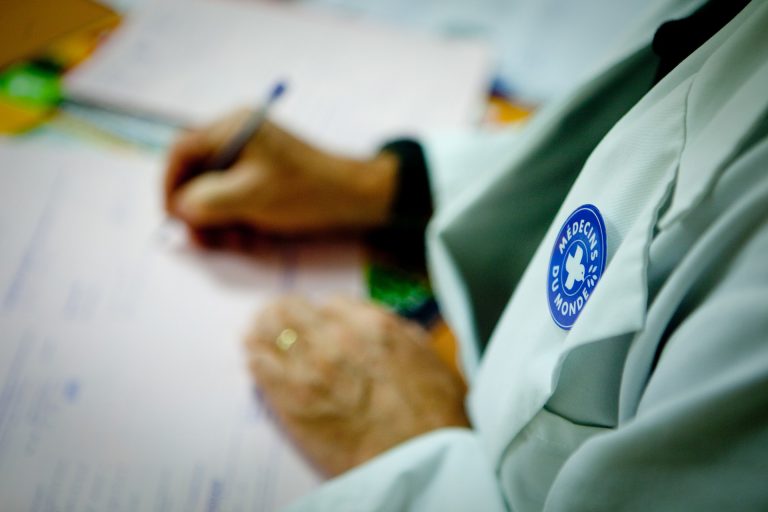
Doctors of the World – Médecins du Monde (MdM) is an international movement committed to combatting inequalities in health and securing access to protection, decent living conditions and optimum medical care for all.
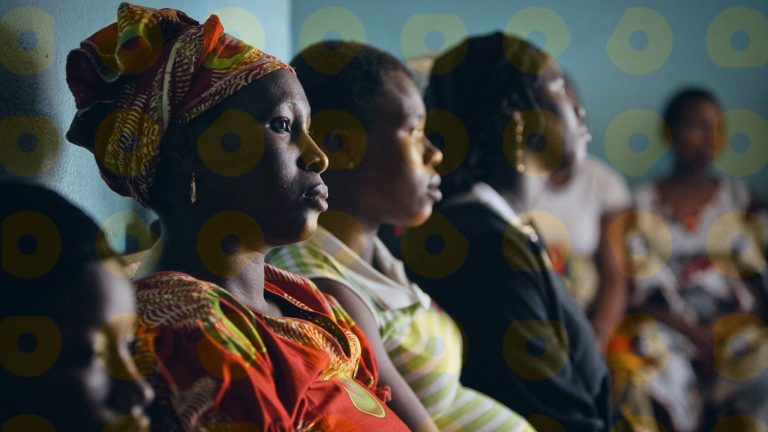
Crisis situations of any kind destabilise healthcare systems. They disrupt community protection mechanisms by causing population displacements and isolating people and they exacerbate the gender inequalities and socio-economic vulnerabilities experienced by women.
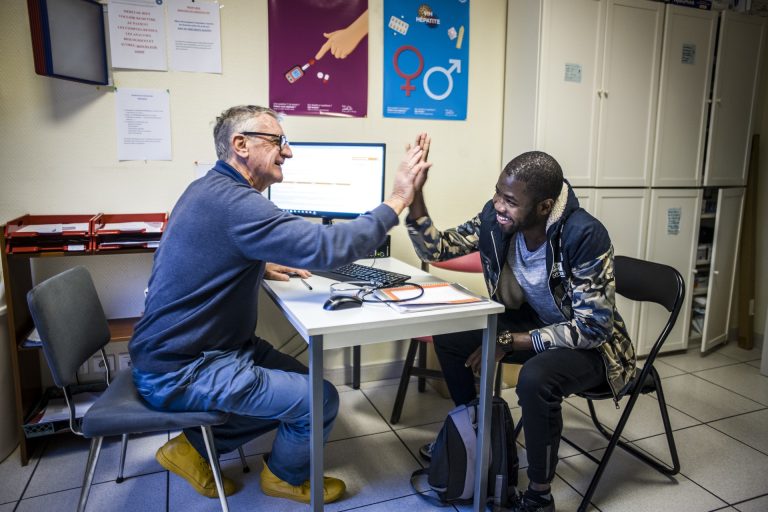
This Charter of Ethics is intended to establish guiding principles for every level of the organisation that is founded on the realities of our interventions, practices, and experiences as both health actors and dispensers of care.
The charter is complimentary to various existing or scheduled do-cuments that outline our intervention principles and draw our red lines across different areas such as funding, abuse, and research. Indeed, rather than a stand-alone document, the Charter of Ethics is part of a set of documents that span the entirety of the organisa-tion, ensuring that ethics are taken into account by all members of the MdM community.
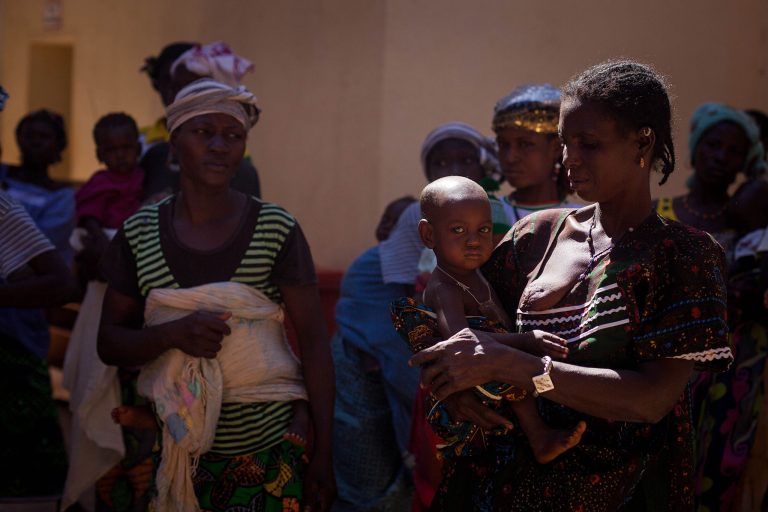
The Médecins du Monde France Gender Policy was drafted between September 2019 and April 2020. The process of reflection and drafting of the document followed a participatory methodology that involved the highest possible number of stakeholders within the association. In February 2019, a document describing the procedure was submitted and it was validated by the board. In May 2019, two workshops were held during the Missions Conference (JDM). These work sessions made it possible to present the procedure to stakeholders in the field from France and abroad and to take note of their ideas and expectations in relation to this framework policy. In September 2019, a joint work group made up of male and female representatives of the various departments from headquarters, France and international missions, the works council and the Gender Officer on the Board of Directors, was set up to draft the policy. This group was coordinated by the Gender Officer, Olga Bautista Cosa. The different geopolitical and thematic groups, the office and the Works Council were also consulted during the process and their points of view were taken into accounting in the drafting of the document. The policy was submitted to the CA for validation on 24 April 2020.
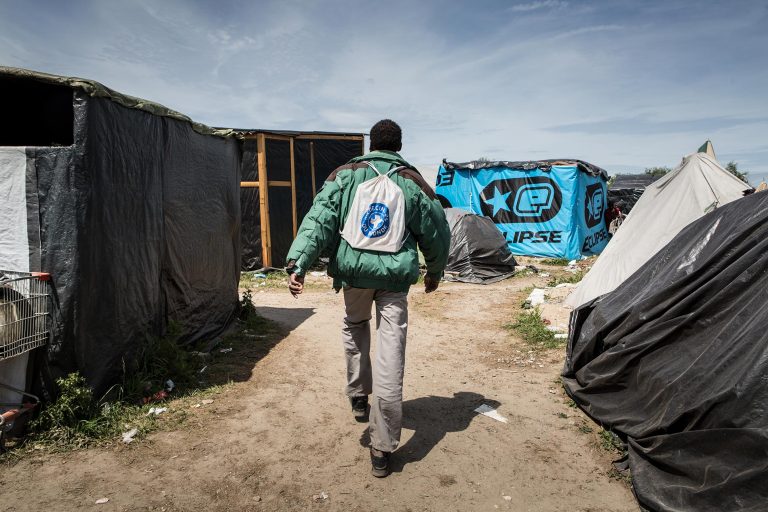
The strategic framework for humanitarian advocacy is an exten-sion of the advocacy work which has been undertaken for seve-ral years by certain missions (Yemen, Syria, Palestine in particular) and Médecins du Monde. It reflects Médecins du Monde’s desire to better structure and manage its humanitarian advocacy in order to increase its capacity to influence.The Strategic Framework for Humanitarian Advocacy is an internal document, which aims to clarify the overall goal of our advocacy work and to confirm our general direction and priorities in order to build a common and shared basis for our work in the next three years.
Il traduit la volonté de Médecins du Monde de mieux structurer et encadrer son plaidoyer humanitaire pour renforcer sa capacité d’influence.
Le cadre stratégique pour le plaidoyer humanitaire est un document à vocation interne, qui a pour objectif de préciser l’intention globale de ce plaidoyer et d’en valider les orientations générales et priorités pour constituer un socle de travail commun et partagé pour les trois années à venir.
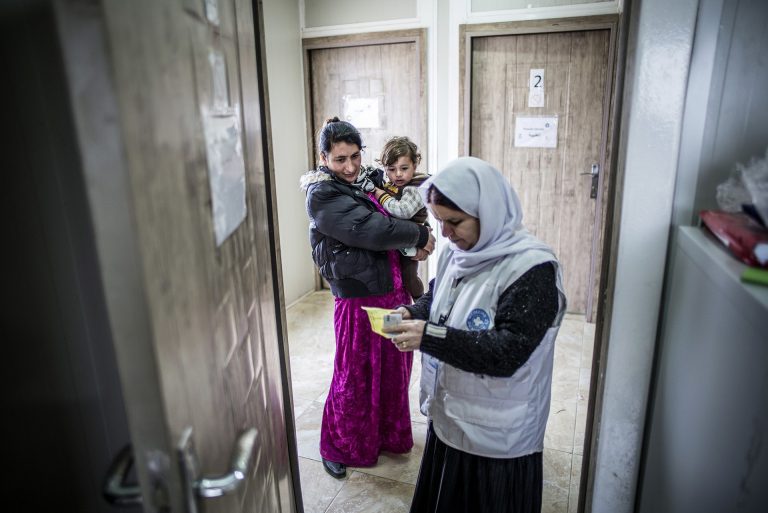
This handbook of good practice is addressed at those Médecins du Monde actors who are involved in collecting, managing or analysing medical and social data or sensitive personal data more generally. Its objective is to help improve the data management culture within the organisation by offering practical solutions to the key questions of quality and security associated with data management.
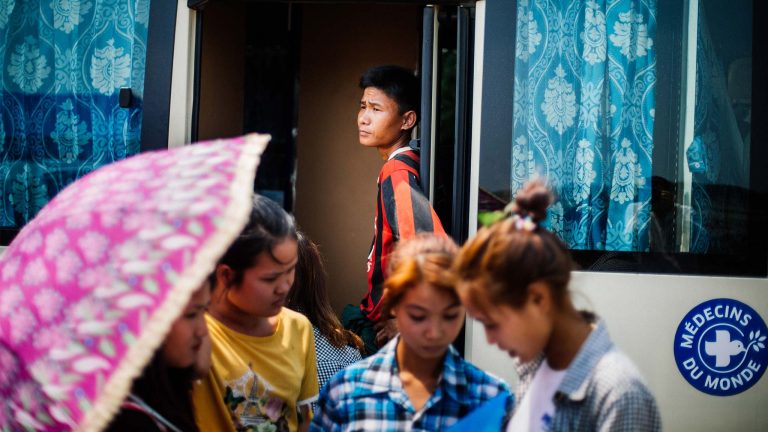
Doctors of the World – Médecins du Monde-France is an international solidarity organisation that promotes access to health for marginalised populations around the world. Since the 1980s, Médecins du Monde-France has been working with people who use drugs through a harm reduction approach.
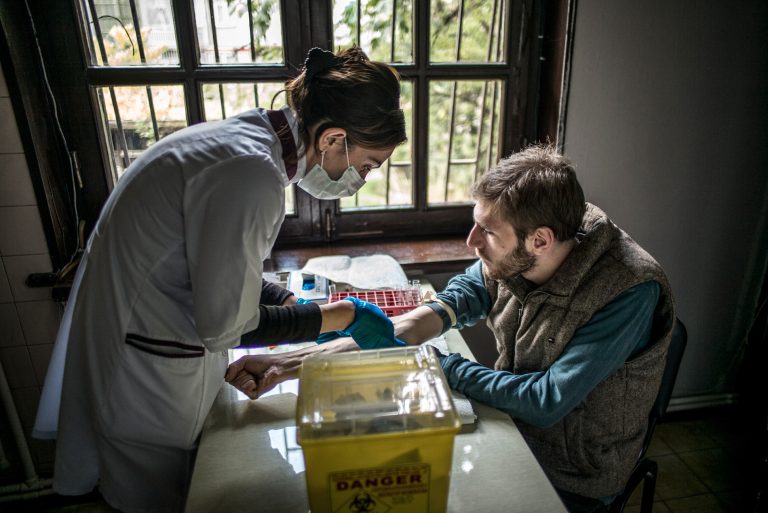
Access to health is a universal human right. Yet, because certain practices – such as sex work or drug use – or sexual orientation and gender identity are either criminalised or subject to moral disapproval, individuals not wanting or unable to change their behaviour are not in a position to fully exercise this right.

Doctors of the World – Médecins du monde France (MdM-F) has been working with sex workers since 1991. In 2016, programmes that directly or indirectly concern them exist in 9 countries: France, Russia, Mexico, Burma, Algeria, Ivory Coast, Uganda, Democratic Republic of Congo and Tanzania. Members of the MdM International Network are also developing national programmes for sex workers in Belgium, Germany, Canada, Spain, Portugal, the United Kingdom, Sweden and Switzerland.
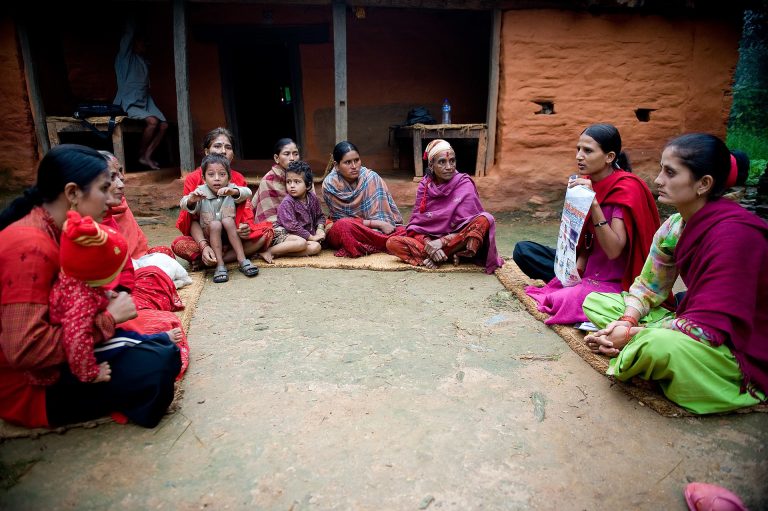
Projects become ever more technical and caught up in their plethora of procedures
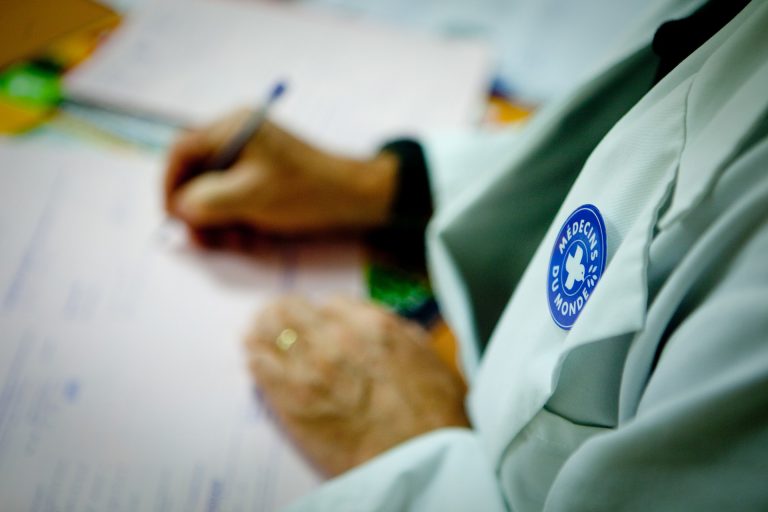
Although delivering medical services and empowering populations to take action are fundamental to foster longterm access to universal healthcare and human rights, another important means to ensure the sustainability of our actions in the field is to drive forward positive changes to policies and practices that impact the health of vulnerable populations.
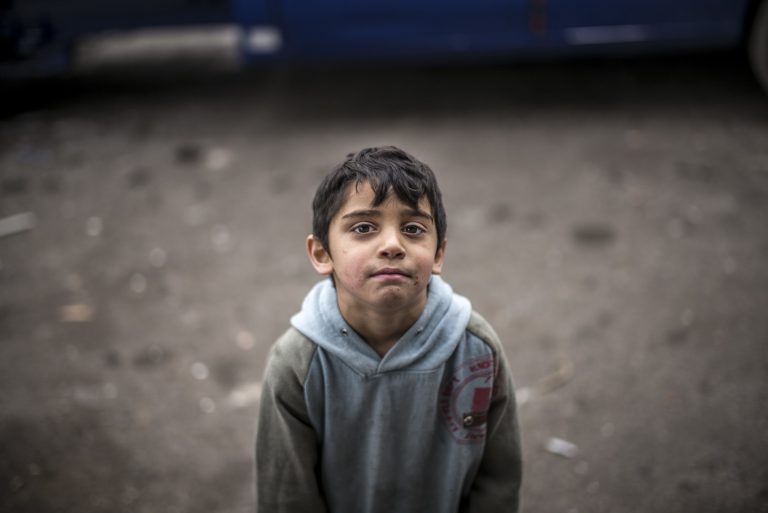
In both the North and the South, health risks related to harmful environments have increased dramatically in recent decades. According to the World Health Organization, one quarter of pathologies worldwide are related to avoidable environmental causes.
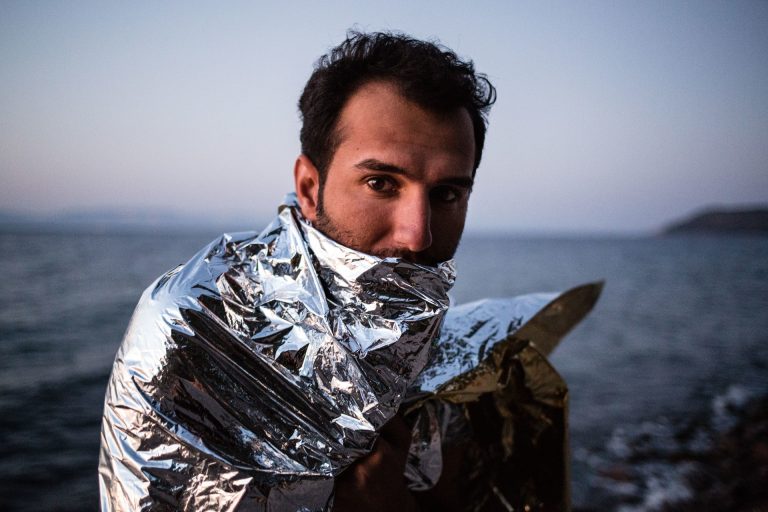
Le phénomène migratoire est universel. Partout dans le monde, des personnes cherchent une protection et une vie meilleure. Travailler auprès des exilés est un engagement de longue date pour Médecins du Monde. Des boat people perdus en mer de Chine dans les années 1980 à ceux qui tentent la traversée de la mer Méditerranée aujourd’hui, l’association ne cesse d’aider les personnes qui mettent leur vie en péril pour quitter leur pays. Elle soigne, accompagne et témoigne de l’intolérable.
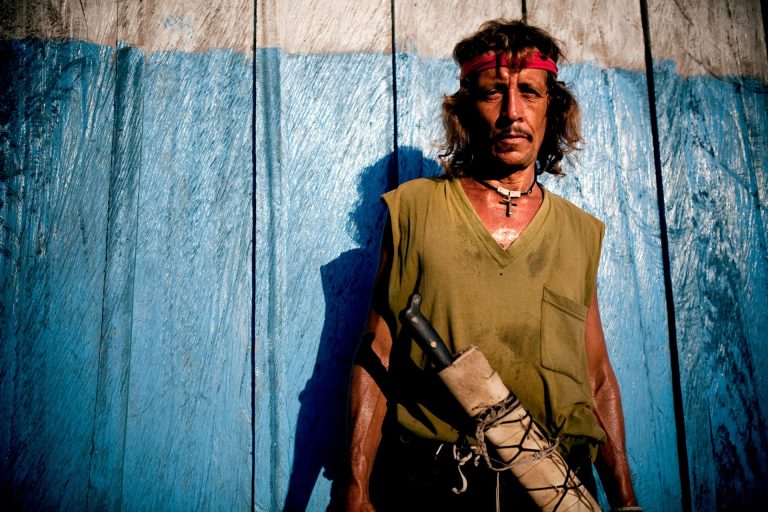
Sensitive personnal data management

More than a 100 million people are driven into poverty because of catastrophic healthcare expenditures.












